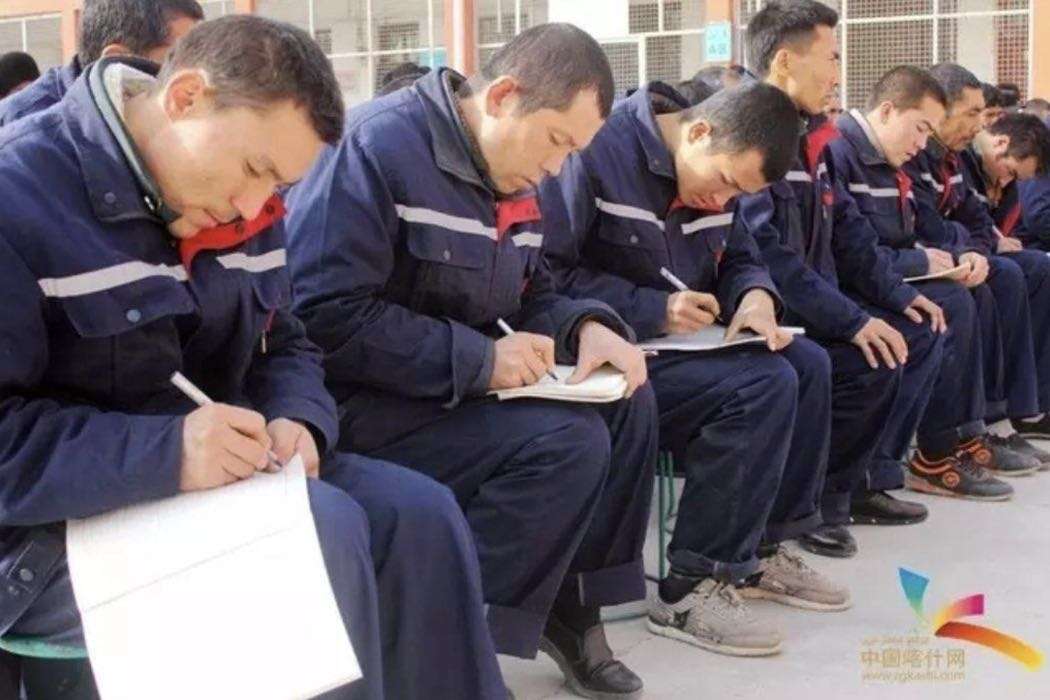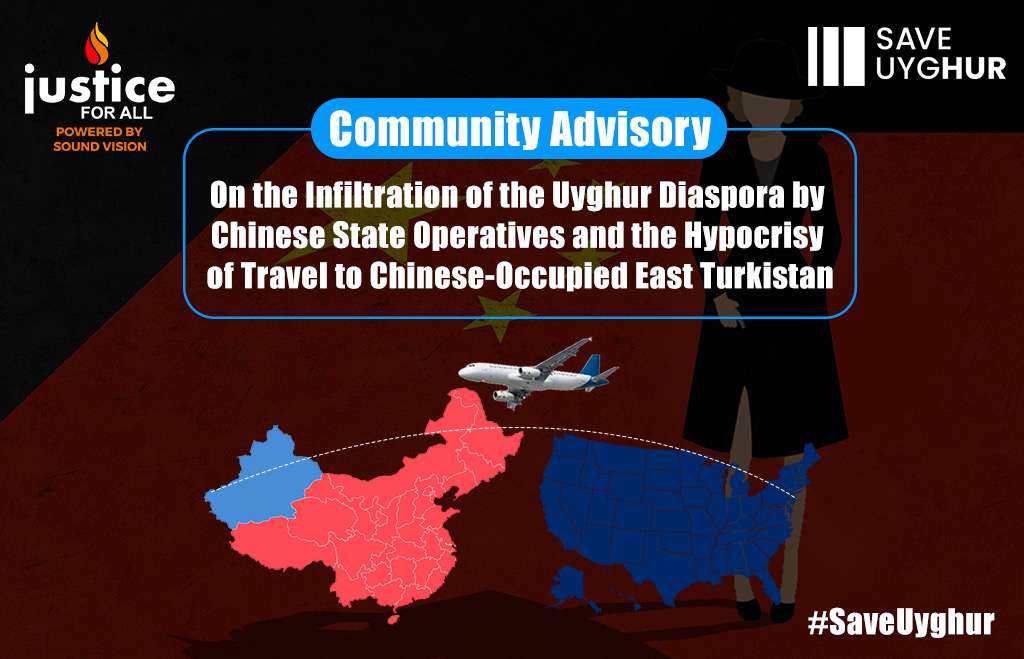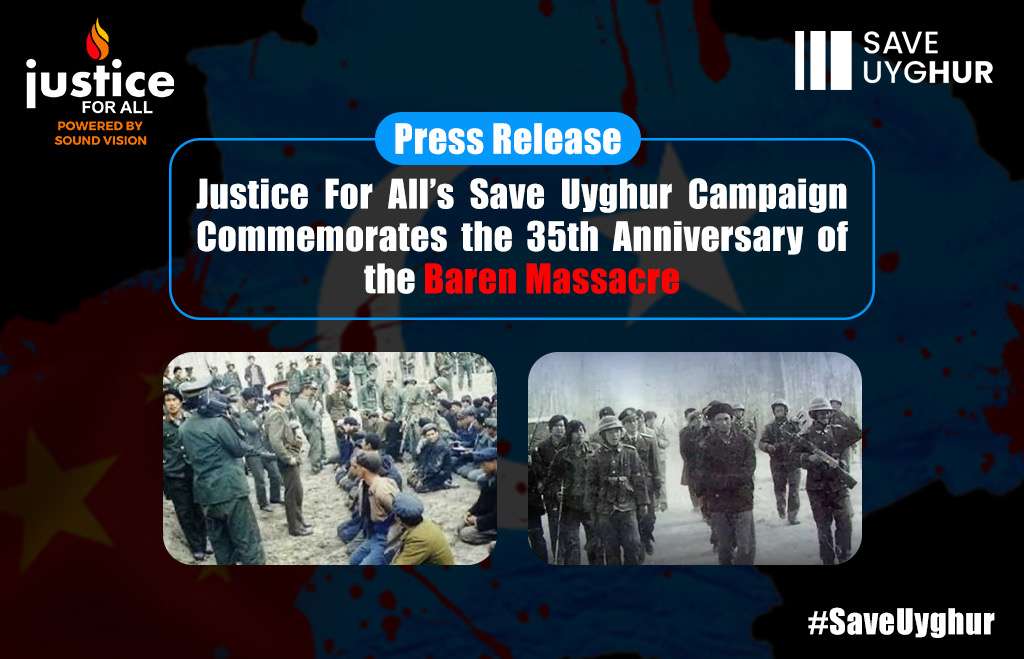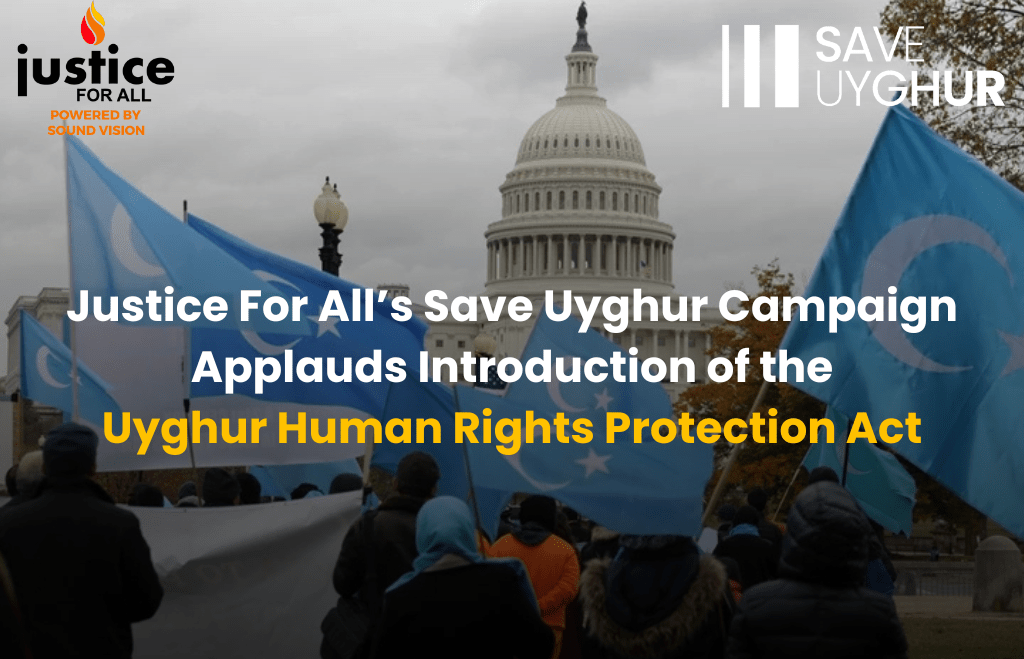Protecting the Uyghur Diaspora from Surveillance and Manipulation by Chinese State Actors Issued by Justice…
Assault on the Uyghur Language in East Turkestan (UHRP)

Official Intolerance of the Uyghur Language
- Chinese government officials have emphasized Mandarin language ability as a marker of modernity and, more recently, a necessity in the fight against “terrorism.”
“The languages of the minority nationalities have very small capacities and do not contain many of the expressions in modern science and technology, which makes education in these concepts impossible. This is out of step with the 21st Century.”
Former Xinjiang Communist Party Secretary, Wang Lequan.
“Terrorists from neighboring countries mainly target Uyghurs that are relatively isolated from mainstream society as they cannot speak Mandarin. They are then tricked into terrorist activities.”
Former Xinjiang Communist Party Chairman, Nur Bekri.
Forced Study of Mandarin in Internment Camps

- Since 2017, the Chinese authorities have interned possibly more than two million Uyghurs and other Turkic Muslims. Reports detail torture, deaths in custody, and forced political indoctrination. Survivors of the camps describe a strict daily routine of flag raising ceremonies, recitals of ‘red songs,’ and mandatory lessons in Chinese.
- One survivor recalls classes were held in small rooms and included repetition of sentences such as “There is no God. I don’t believe in God. I believe in the Communist Party.” Anyone who didn’t say these slogans correctly in Chinese was beaten or put in the torture instrument known as the ‘tiger chair.’
Phasing Out Uyghur Language in Education
- Gradually introduced in the 1990s, the ‘bilingual’ education policy has now resulted in the removal of Uyghur from classrooms, barring Uyghur students from education in their mother tongue, and presenting a fundamental challenge to a distinct Uyghur identity.
- In 2017, the Hotan Prefecture Department of Education Department issued a directive requiring full instruction in Mandarin beginning in preschool, and banning the use of Uyghur in all educational activities and management.
Re-location of Uyghur Students
- The ‘mainland high school class program’ is another expression of the government’s ‘bilingual’ education campaign. The program’s mission is to strengthen ethnic unity and assimilate Uyghurs through the education process, by transferring them and other ethnic groups from East Turkestan to complete high school in mainland China, focusing especially on Mandarin training and a pro-China curriculum.
Eradication of Uyghur Language in Public Life
- Official policies discourage speaking and writing in Uyghur in public and professional life. For several decades, the Chinese state’s promoted Mandarin as offering an advantage in the job market, and diminished the role Uyghur as a language for original expression, especially in the media and online, as well as in official use. Most recently Uyghur script has begun to be treated as a “sign of extremism,” as shops must clear the shelves of anything written in Uyghur script and Uyghur scrubbed from street signs and signboards.
“Children do not have the opportunity to develop their Uyghur language skills, and will, thus, not be able to produce new works for the coming generations…The light of the Uyghur voice is being extinguished by China’s language policy.”
International human rights lawyer, Aurora Elizabeth Bewicke, Silencing the Silk Road: China’s Language Policy in the Xinjiang Uyghur Autonomous Region.



